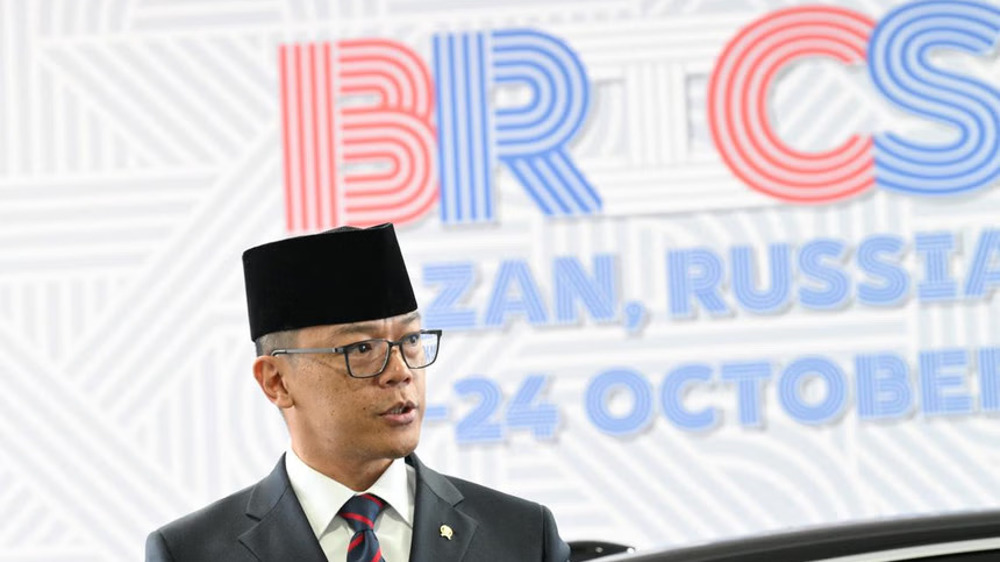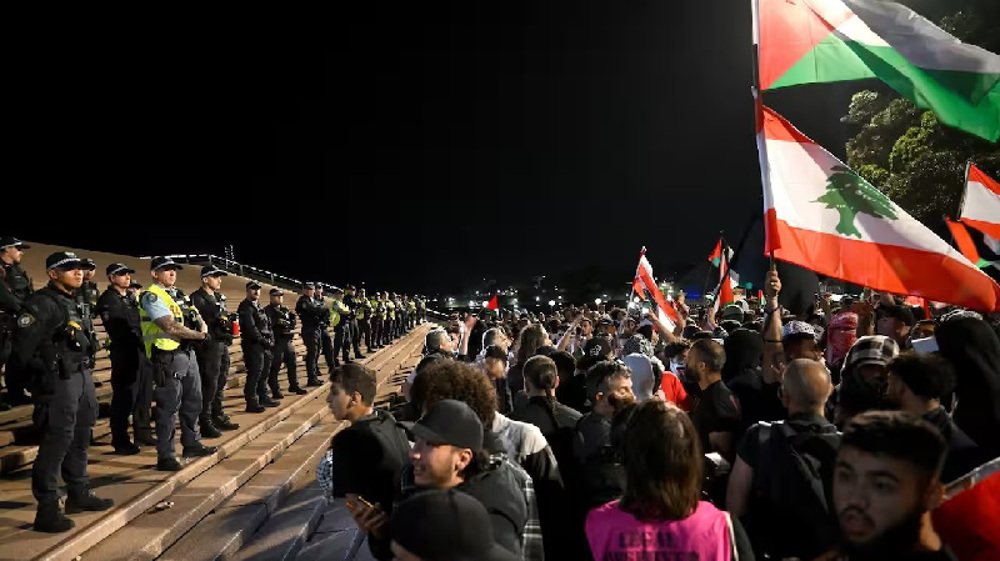Thailand approves referendum on new constitution
Thailand’s military government has approved the holding of a referendum on the country’s newly drafted constitution, thereby delaying general elections.
“The cabinet agrees that there should be changes to the current constitution in order to hold a public referendum,” Prime Minister Prayut Chan-ocha said on Tuesday.
Praut, who came to power in a military coup last May, added that general elections, scheduled for February 2016, would likely be pushed back as a result of the referendum.
Thailand’s Deputy Prime Minister Wissanu Krea-ngam said the elections “will take place around August or in September.”
Thailand’s opposition leader and former Prime Minister Abhisit Vejjajiva has warned that the new constitution would block a restoration of democracy in the Southeast Asian country.
Critics say the new constitution is aimed at excluding the powerful Shinawatra family from politics as well.
Shinawatras and their allies had won every Thai election since 2001. The army seized power last year, removing then Prime Minister Yingluck Shinawatra following months of anti-government protests and a disputed election in the country.
Yingluck, the first female premier of Thailand, was removed for assigning a family member to a senior government post. She has also been indicted for her involvement in a controversial rice subsidy scheme.

Also on Tuesday, Yingluck appeared before the Supreme Court in Bangkok for the start of her trial on negligence charges over the rice subsidy scheme. Yingluck would face up to 10 years in prison if she is found guilty.
The court has banned her from traveling overseas, but set a bail for her at USD 899,300. The next hearing is set for July 21.
Ever since the junta seized power in Thailand, anyone accused of national security offences has been prosecuted in military courts with no right of appeal. Senior junta officials say convictions could be appealed with higher tribunals.
In October 2013, the Yingluck administration proposed an amnesty bill that could have pardoned Thaksin Shinawatra, setting the scene for his return to the country. The move prompted protests that ended in the junta takeover of power.
Opponents viewed Yingluck to be a proxy for her elder brother, Thaksin, who himself had been toppled in a coup in 2006. Thaksin has been living in self-exile since 2008 to avoid a two-year prison sentence.
JR/KA/HJL
US journalist dragged out from Blinken presser for exposing US complicity in Gaza genocide
VIDEO | US-Israeli failure in Gaza
Houthi: Israel 'failed miserably' in onslaught on Gaza Strip
European carmakers warn against EU-US trade war
Biden's 'empty threats' let Israel get away with carnage: US journalist
Pro-Israel judge to replace Lebanon's new PM as ICJ head
VIDEO | Press TV's news headlines
VIDEO | Israel turns Netzarim Corridor into a death trap










 This makes it easy to access the Press TV website
This makes it easy to access the Press TV website